Description
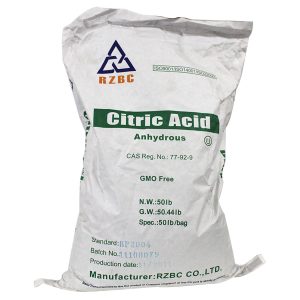
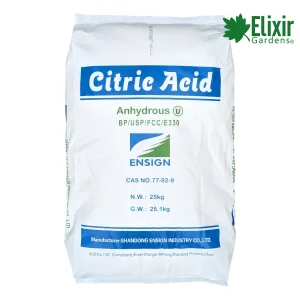
Citric acid anhydrous is a weak organic acid commonly used in the food, cosmetic and pharmaceutical industry. The parent base of citric acid, citrate, is a component of the Krebs cycle, and occurs naturally during metabolism in all living organisms. It is found naturally in citrus fruit such as lemons and limes and is used as a natural preservative. Anhydrous citric acid has had the water molecules removed and is usually in a dry, powdered formulation.
Citrate or citric acid anhydrous is often used to adjust pH, to add sour flavor to foods and beverages, and to form the salt derivative of minerals and metals for pharmaceuticals, as in the case of potassium citrate, a dietary supplement. According to the FDA Select Committee on Generally Recognized as Safe (GRAS) food substances, citrate salts, including citric acid, are generally regarded as safe when used in normal quantities.
Citrate – related to Citric acid – plays an essential role in the “citric acid cycle” or TCA/Krebs cycle, a metabolic pathway involved in the production of cellular energy. It consists of a series of chemical reactions which transform stored energy into usable energy (ATP) through the oxidation of nutrients.
Anecdotal evidence suggests that supplementing with Citric acid may enhance absorption of nutrients and minerals (e.g. Magnesium and Calcium) and increase energy levels.
Citric acid supplements are also known by a few different names, including:
- E 330
- Citric acid (anhydrous)
- 2-hydroxypropane-1,2,3-tricarboxylic acid
- 3-Carboxy-3-hydroxypentane-1,5-dioic Acid
- 77-92-9
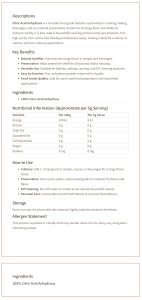
Specification of Citric Acid Anhydrous
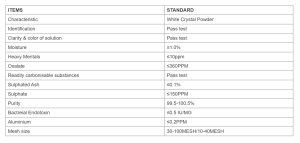
Properties of Citric Acid anhydrous
- Anhydrous
- Colourless or white
- Crystals or crystalline powder
- Strongly acidic (pH in a 5 % solution approx. 1.8)
- Typical, practically odourless
- Very soluble in water
- Freely soluble in ethanol (96 %)
- Sparingly soluble in ether
- Non-toxic
- Low reactive
- Chemically and microbiologically stable
- Fully biodegradable
Main functions of Citric Acid anhydrous
- pH adjuster
- Acidifier
- Chelating agent
- Buffering agent
- Flavour enhancer
- Retarder
- Stabiliser
- Antioxidant
Applications
Legal Aspects
In Europe, citric acid anhydrous is listed as generally permitted food additive (E330) and may be added to all foodstuffs, following the “quantum satis“ principle, as long as no special regulation restricts the use.
The US Food and Drug Administration (FDA) has affirmed citric acid as GRAS (generally recognised as safe) and permitted the use in food according to current GMP (CFR § 184.1033), without setting an upper limit.
Jungbunzlauer citric acid has been registered according to REACH Regulation at the European Chemicals Agency (ECHA) in 2010. The REACH registration number of Jungbunzlauer citric acid is 01-2119457026-42-0000.
FAQ
1, Is Health Sweet a manufacturer or just a trading company?
We are both manufacturer and trading company, we are Citric Acid anhydrous distributor, at the same time, we are manufacturer of D-mannose.
2, What is the Min Order Quantity ?
Different products have different MOQ, this product MOQ is 5000kgs.
3, What is the price of Citric Acid anhydrous ?
We are a famous supplier and manufacturer of Citric Acid in China, and has been corporate with many suppliers for several years, we can provide you with cost-effective Citric Acid.
4, How long shall we wait for your reply ?
We can guarantee to reply your inquiries in less than 2 hours in working days.
5, What kinds of transportation types can you provide?
Our main transportation methods include air transportation, land transportation and water transportation.
6, What kinds of payment terms can you accept?
The most commonly used payment terms are T/T, L/C, D/P, D/A, etc.
7, How long will I receive my good?
We have own warehouse in Qingdao and Dalian, when your purchase order has been confirmed, inventory products will deliver within 1 week, other products delivery in 2 weeks.

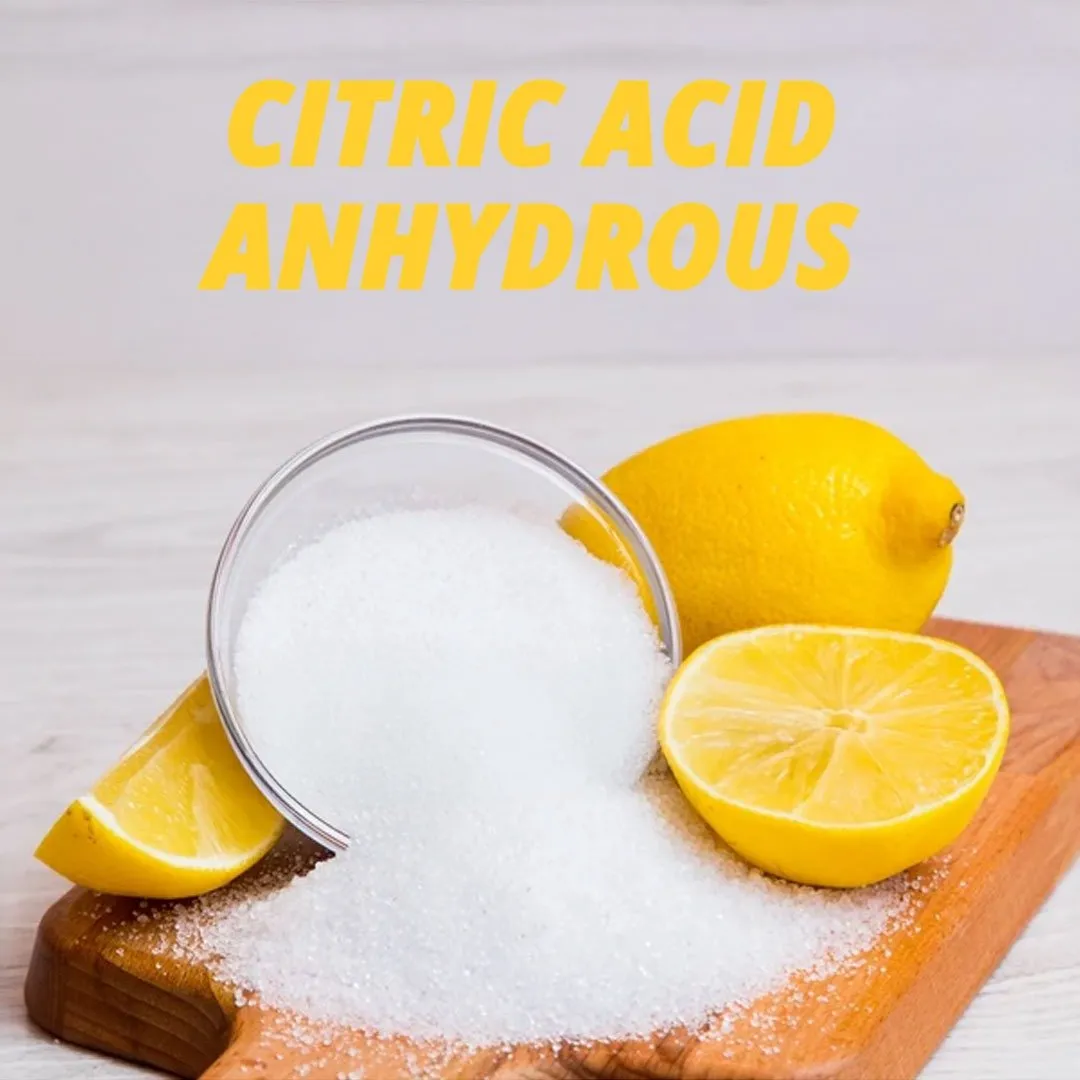
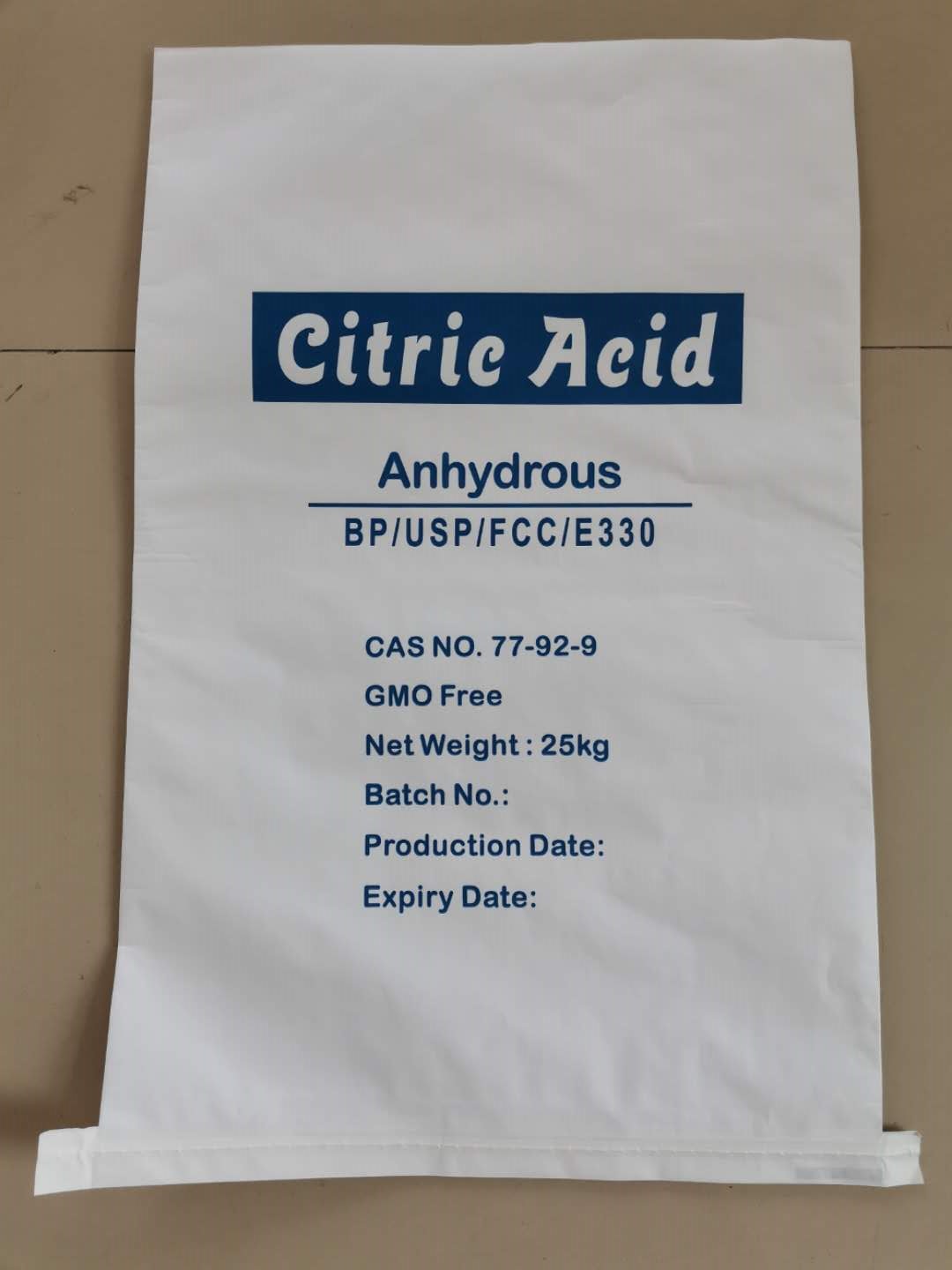
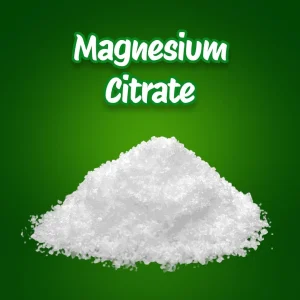
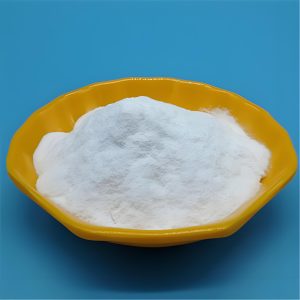
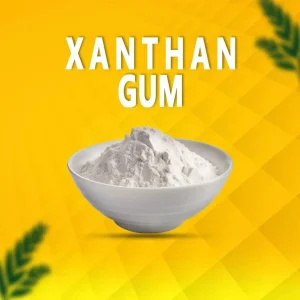
Reviews
There are no reviews yet.